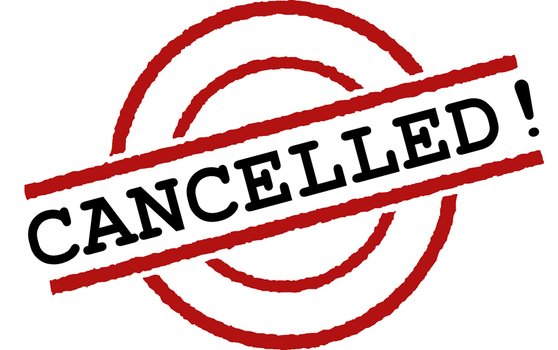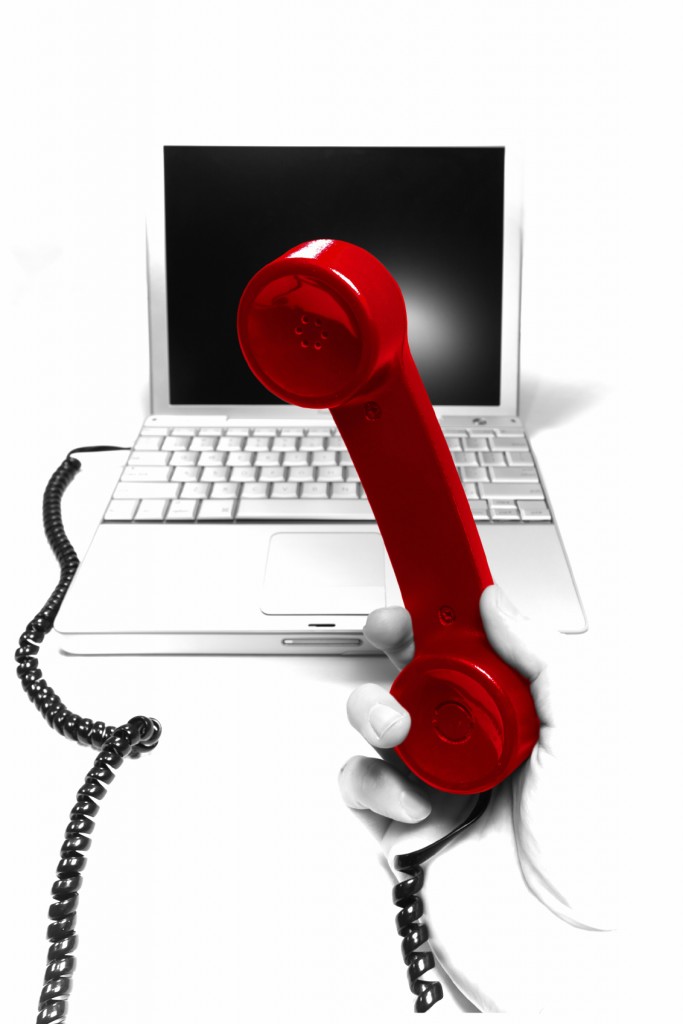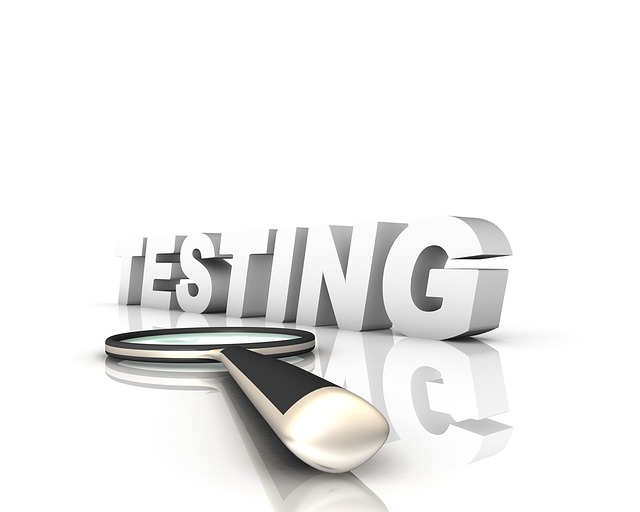Recently, we published a post answering the popular question “What Happens After My Alarm Goes Off?” In that post, we discussed how monitored alarm customers actually have two companies taking care of them. For starters, they have their alarm company. We sell, install, and service all of our customers’ alarms. Additionally, we connect our customers’ security systems to our central station. This, in turn, means that our central station will also contact our customers about alarm events. As simple as this may sound, it occasionally causes confusion. Specifically, customers wishing to follow up on a security issue often do not know whether to contact us or our central station for alarm support. In this post, we will help you answer that question!
We will begin with a couple of situations that merit calling our central station. Certain events in progress or in the very recent past are often best solved by calling our central station instead of your alarm company. From there, we will also look at when you should call the company who services your alarm equipment. We encourage our customers to use us as their main point of contact whenever possible. Therefore, you will find this list slightly longer than the list of events deserving a central station call. Now, let’s get started by looking at when and why you should dial our central station directly.

If you wish to cancel a recent alarm, we encourage you to call our central station directly.
Events Requiring Central Station Follow-Up
Whenever possible, our customers like to speak with us regarding their alarm issues. After all, we maintain a direct, personal relationship with our alarm customers. Furthermore, our work on their alarms has made us familiar with the systems that we receive calls about. This makes it easier for us to provide alarm support than for our central station. However, our central station does provide instant support for our customers immediately upon receiving an alarm alert. Therefore, you will find our central station dispatchers helpful in these situations. In this section, we cover the scenarios in which you should dial our central station instead of our office. Let’s get started by seeing how you should follow up on an active alarm situation.
Cancelling or Following Up on Alarm Activations
Upon activation, your alarm will send a signal to our central station. At that point, our central station will call your property to follow up. If you wish to cancel the alarm, simply pick up the phone and provide the password that you have chosen to cancel the police dispatch. In the event that nobody picks up and provides the proper password, the central station will immediately dispatch the authorities. Unfortunately, many of these dispatches come as a result of false alarms. For example, sometimes people leave the house and arm their alarm without shutting every door tightly. This can cause an alarm once the door swings open. The central station will call your home at that point, and then dispatch the police when you do not answer the phone.
At this point, you may have missed phone calls from the central station and wish to call them back to cancel the false alarm. The procedure to do so begins by calling the central station. You will need to provide your personal alarm details and use your password to cancel the alarm. Then, the central station will call the police to cancel on their end. The same process applies for getting more information about a recent alarm. Calling the central station will get you information about the alarm event, including information about the timing of the alarm, as well as which areas of your property went into alarm. Now, let’s look at one more scenario in which you should place a call to our central station.

Several alarm support-related tasks should be dealt with by calling or emailing your alarm company, rather than the central monitoring station.
Following Up on an Emergency Dispatch
Sometimes, our customers receive calls from concerned neighbors about police or fire trucks on their property. Of course, if this happened to you, you would want all of the information available. This is another time when calling our central station is the best course of action. The personnel there will have the ability to give the exact timing and reason for the dispatch. This can help you determine the likelihood of the event representing a false alarm. It also goes a long way towards troubleshooting the cause of the alarm. Sometimes a false alarm represents a user error. Other times, it points to service work needed on your alarm. Either way, you can call our central station any time of day or night after determining that your alarm has caused a dispatch event. Next, let’s look at some times that you should contact us for alarm support!
Time to Call Your Security Company
As you’ve seen above, calling our central station during time-sensitive events can give you the immediate help that you need. However, we still work directly with customers for most issues or alarm support tasks. In this section, we will look at a few things that we encourage customers to call us for. While the central station can do a couple of these tasks, we can do them easily and efficiently, and you will speak directly to a live person when calling us during business hours! Let’s get started with a look at keeping your contact information up to date.
Changes to Your Call List
We discussed the importance of keeping an up-to-date call list in our post on Avoiding Commercial Alarm Mistakes. This tip rings true for both residential and commercial customers. However, employee turnover in businesses makes it even more important in that setting. Our central station can call any phone numbers that you provide us with after your alarm goes off. Unfortunately, customers often fail to notify us as their relevant contact information changes. This can lead to customers missing important calls due to our central station calling irrelevant or disconnected phone numbers. Therefore, we encourage customers to check in on their call list frequently, making changed when necessary.
To complete this task, simply send us the list of numbers that you wish to have called during and after an alarm event. From there, we can forward them to our central station. Most customers find emailing us these changes easier than calling the central station and potentially waiting on hold. You can also contact us any time to ask about the numbers our central station would call following an alarm to determine if you need to update your call list. We can always provide you this information instantly! Next, let’s look at how we can help you test your alarm system.
Testing Your Alarm System
We recommend that our customers periodically test their alarm systems for contact functionality and communication. While our central station can help with this process, calling us generally provides the most efficient experience. To conduct a system test, contact our dispatcher to put your alarm in “test” mode. Then, arm the security system and activate the sensors on your property. This includes opening doors and windows and walking in front of motion detectors. Our dispatcher can see the alarm signals come up on your account as you complete your walk through.

We encourage customers to call their alarm providers to perform regular security system testing.
If we do not see any alarm events on our end, this means that your alarm cannot communicate with our central station. In this event, we can determine how we monitor you system in order to plan out the next steps to fix this issue. In most cases, every sensor sends its test signal to the panel. This, in turn, creates the event that we see during your system test. We recommend testing your alarm every month or two. Now, let’s look at one more area of alarm support that we can work directly with you to provide!
Following Up on Past Alarm Events
A little earlier, we shared that following up on an “active” alarm events merits a call to our central station. After all, our central station operators work around the clock monitoring your property. Additionally, talking with them allows you to make the quickest cancellations or changes to your alarm status. However, as your alarm company, we do have access to your alarm information through our central station portal. If you have had a past alarm event, we encourage you to call us to discuss it. We can tell you the time and reason for your alarm activation.
Furthermore, we can help you decode any confusing descriptions of alarm events as well. After all, we installed your alarm system in the first place! This means that we can walk through any signals from past alarms with you with a knowledge of what equipment you have onsite, and where we installed it. Therefore, calling us can clear up any confusion from past alarm activations, giving you the complete picture about what happened, as well as when and why!
Putting it All Together
We hope that this post will help you receive the alarm support you need as promptly as possible! If you have any questions about any of the information provided, please do not hesitate to contact us. Perhaps you have an alarm and want to further your understanding of how we monitor it and who you should call when. Or, maybe you do not have an alarm and want all of the information you can get. Either way, we will happily answer any security-related questions you have. We will make sure that you have all the information necessary to receive the alarm support you need to stay as safe and secure as possible at all times!
